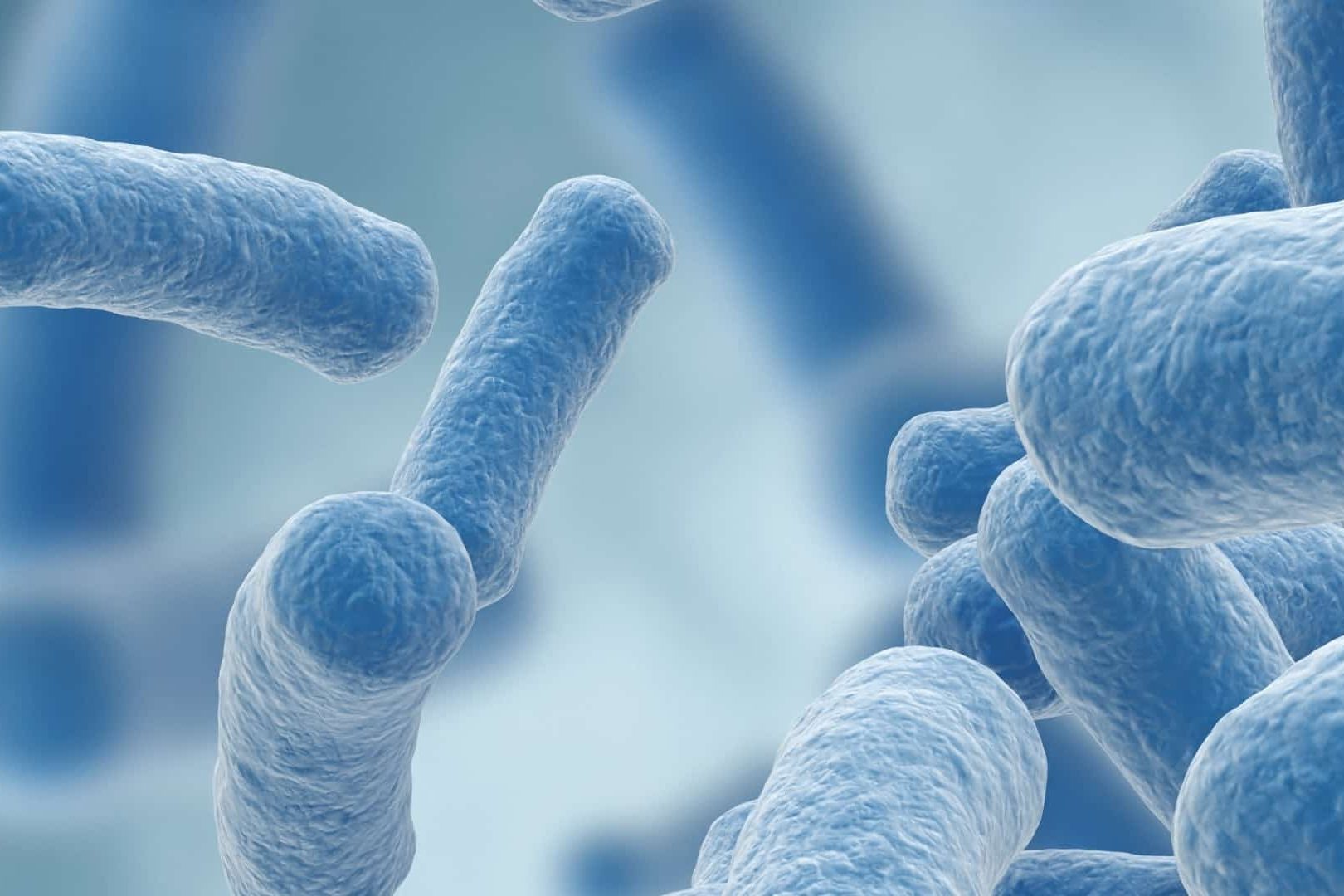A group of scientists has identified probiotic strains in the gut capable of improving glucose and lipid metabolism, which could help develop therapies for the treatment of type 2 diabetes and obesity.
Certain organisms within the gut flora play a fundamental role in the control of type 2 diabetes, which is why potential probiotic therapies could be developed to treat this prevalent metabolic disease, according to scientists from Oregon State University (OSU) in the United States, in a study that was published in Nature Communications.
Andrey Morgun, associate professor of pharmaceutical sciences at OSU’s School of Pharmacy and co-leader of the study, has stated that type 2 diabetes constitutes a global pandemic and “the number of diagnoses is expected to rise over the next decade.” He added that the so-called “Western diet, high in saturated fats and refined sugars, is one of the main factors, but gut bacteria have an important role to play in modulating the effects of the diet.”
Being overweight due to an inadequate diet such as the Western diet and a lack of physical activity are key risk factors for developing type 2 diabetes. Type 2 diabetes is a chronic disease that alters the way the body metabolizes glucose, a power source. Some patients’ bodies show resistance to insulin, a hormone produced by the pancreas that regulates the access of sugar into the cells, while other patients do not produce enough insulin to maintain normal glucose levels.
The consequence in both cases is that sugar builds up in the bloodstream and, if left untreated, causes deterioration of many important organs, which can be life threatening. Being overweight due to poor diet such as the Western diet and a lack of physical activity are key risk factors for developing type 2 diabetes.
The impact of the microbiota on glucose metabolism
The gut microbiota in humans is made up of more than 10 trillion microbial cells from around 1,000 different bacterial species. Dysbiosis or imbalance of this microbiota is often associated with detrimental health effects. Natalia Shulzhenko, associate professor of biomedical sciences at OSU’s Carlson College of Veterinary Medicine and also leader of the study, has pointed out that “our study and other studies suggest that individual members of the microbial community, altered by diet, could have a significant impact on the host.”
The research
The researchers employed a new systems biology approach to analyze host-microbe interactions in a Western diet, allowing them to investigate whether individual members of the microbiota played a role in the metabolic changes that diet induces in a host. “The analysis targeted specific microbes that would potentially affect the way a person metabolizes glucose and lipids,” Morgun said. “This allowed us to make inferences about whether those effects are harmful or beneficial to the host. And we found links between those microbes and obesity.”
The results
The study “reveals possible probiotic strains for the treatment of type 2 diabetes and obesity, as well as information on the mechanisms of their action.” These scientists identified four operational taxonomic units, or OTUs, that appeared to influence glucose metabolism. OTUs are a means to classify bacteria based on the similarity of their genetic sequence, and those identified corresponded to four bacterial species: Lactobacillus johnsonii, Lactobacillus gasseri, Romboutsia ilealis and Ruminococcus gnavus. Shulzhenko explained that “the first two microbes are considered possible enhancers of glucose metabolism, while the remaining two can potentially worsen it.”
The researchers fed mice the equivalent of a Western diet and then supplemented their diet with enhancing and worsening microbes. Lactobacilli improved mitochondrial health in the liver, which improves the way glucose and lipids are metabolized, and the mice fed these lactobacilli also had a lower fat mass index than those only fed the Western diet.
When comparing the results obtained in rodents with data from a previous study conducted in humans, the study authors found associations between human body mass index and the abundance of the four bacteria: more beneficial bacteria meant better body mass index, more detrimental bacteria were related to a less healthy BMI.
Lactobacillus is a microbial genus that contains hundreds of different bacterial strains, many of which are usual probiotics and commonly found in many types of fermented foods and Lactobacillus-supplemented dairy products, such as yogurt. Morgun concluded that his “study reveals potential probiotic strains for the treatment of type 2 diabetes and obesity, as well as information on the mechanisms of their action”, adding that “this means an opportunity to develop targeted therapies, rather than trying to restore the ‘healthy’ microbiota in general.”
Date: January 6th, 2021
Link: https://www.sochob.cl/web1/identifican-cepas-probioticas-que-ayudarian-a-tratar-la-diabetes/
Source: https://www.webconsultas.com
Reference: Rodrigues RR, Gurung M, Li Z, García-Jaramillo M, et al. Transkingdom interactions between Lactobacilli and hepatic mitochondria attenuate western diet-induced diabetes. Nat Commun. 2021 Jan 4;12(1):101.
Nutrigenomics Institute is not responsible for the comments and opinions included in this article






